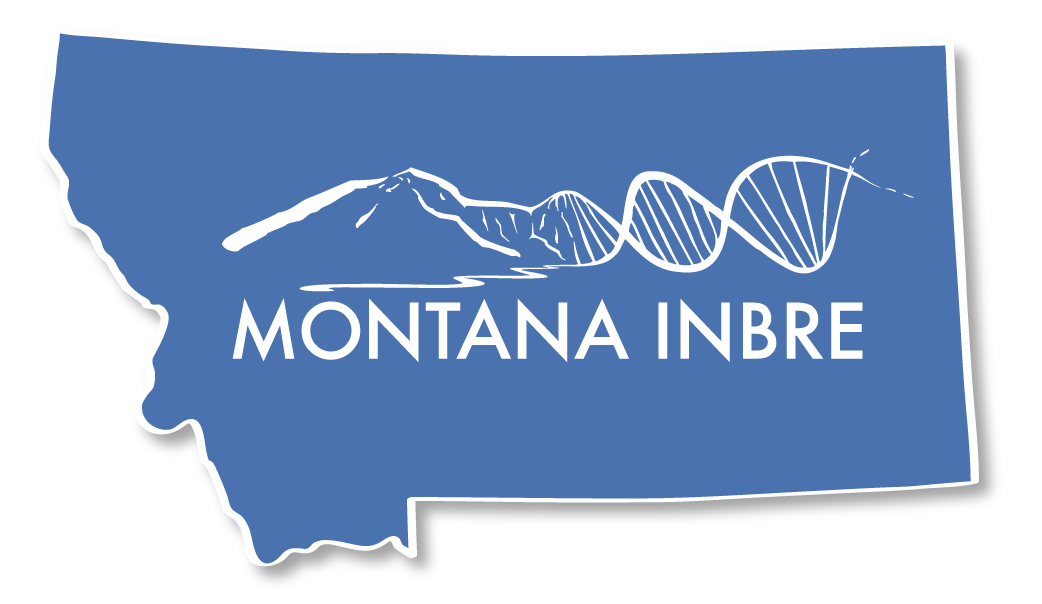Dr. Karen Peterson Presents Tackling Child Obesity: Whats the Worry? Whose Worry Is It?
March 20, 2007
Obesity and obesity-related diseases are so threatening that we may be looking at the first generation of children whose life expectancy is shorter than their parents, according to Dr. Karen Peterson. The Harvard School of Public Health researcher spoke Tuesday, March 20th at the Caf Scientifique held in Billings at the Petroleum Club. Her presentation was titled, Tackling Child Obesity: Whats the Worry? Whose Worry Is It?
Citing the National Health and Nutrition Examination Surveys (NHANES), Peterson reported that there is a clear trend of increasing childhood obesity. The NHANES is a surveillance system that was developed in the early 1960s and became the basis for pediatric growth charts. Since then, Body Mass Indices (BMIs), a ratio of height to weight, have been steadily rising. In the 1970s, the prevalence of overweight children was approximately 5%; in the early 1990s, prevalence was up to 10%; in 2000, prevalence was around 15%. Peterson said currently 18 to 19% of children are overweight, and over a third are at risk.
Being overweight is unfortunately just the beginning of a childs problems, according to Peterson. She went on to say that childhood obesity issues are magnified into adulthood and can lead to more than just diabetes and cardiovascular disease; childhood obesity can also lead to early sexual maturation, psychological issues, and from a statistical perspective, poor socio-economic outlooks.
Prevention is much less expensive than treatment, and Peterson has worked on school curricula that integrate nutritional messages and academic lessons. For instance, the Planet Health curriculum developed at Harvard University is aimed at 6th to 8th grade students and has algebra lessons that are illustrated with fruits and vegetables and social studies lessons on the history of grains.
Nearly 70 people attended the event, many of whom were tackling this issue in their own fields. There were audience members from many local organizations, such as Yellowstone City-County Health Department, Billings School Health Advisory Council, Head Start, Billings Clinic, St. Vincents Hospital and Sodexho, the company that provides school lunches. The caf provided a format for them to come together.
During the question and answer session that followed Petersons brief remarks, audience members talked about BMI as a controversial metric, nutrition as an emotional topic, the lack of physical education in the schools, and the difficulties of working with parents who may not be nutritionally and physically adventurous or astute.
The audience also answered the ultimate question, Is it economically possible to serve healthy food? with a resounding Yes! One audience member pointed out, Even Walmart is on the organic bandwagon.
This was the first Caf Scientifique held in Billings. The event was co-sponsored by Montana INBRE and the College of Letters and Science at Montana State University. Dr. Tasneem Khaleel, Dean of the College of Letters and Science at MSU-Billings, and Dr. Vickie Christie, Associate Academic Vice President of Rocky Mountain College, welcomed participants. Both schools are members of the Montana INBRE network.
The Café Scientifique was co-sponsored by Montana INBRE and Montana State University COBRE programs.


